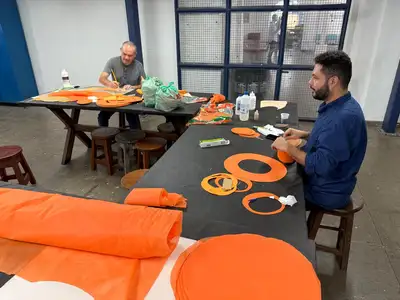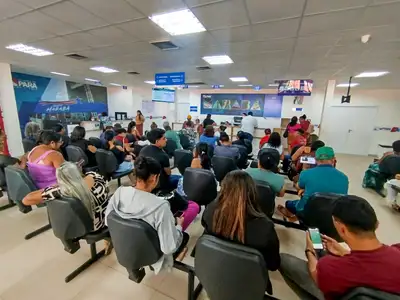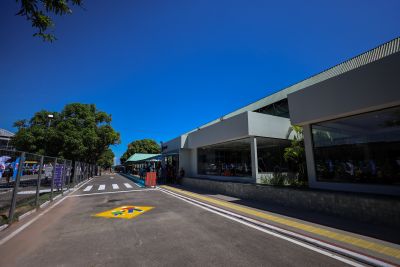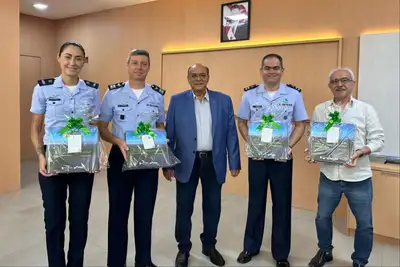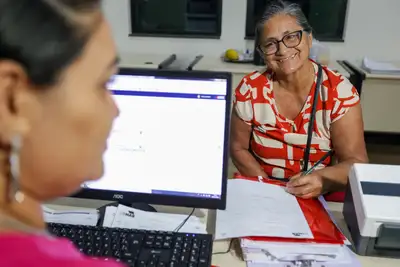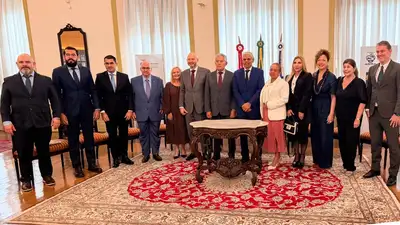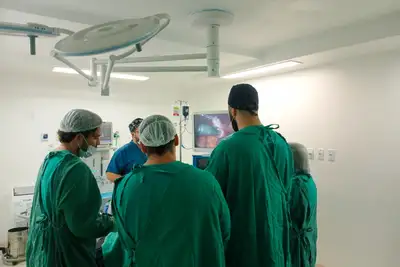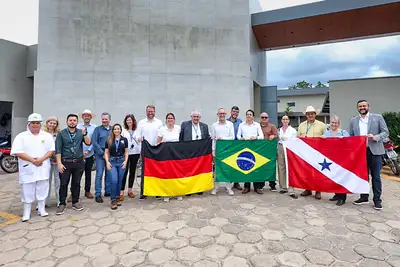British government to fund pilot program to boost sustainable activities in the Amazon
Marajó will be one of the regions benefited by the initiative. On the afternoon of this Friday (16), representatives from the IDB were at the headquarters of Sedap to talk with the head of the secretariat
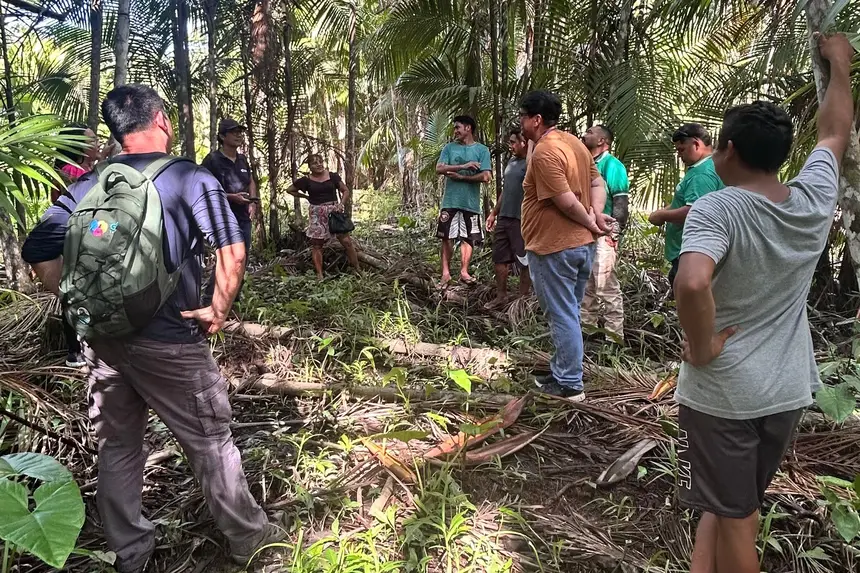
The Secretary of Agricultural Development and Fisheries, Giovanni Queiroz, met on the afternoon of this Friday (16) with the team from the Inter-American Development Bank (IDB). The mission has been in Pará since last Wednesday (14), when it visited the Marajó archipelago. The visit extended until yesterday (16), with the purpose of evaluating the implementation of technical assistance projects aimed at the açaí production chain.
The initiative is part of a pilot program funded by the British government to boost low carbon activities in the Amazon. The amount of resources available is around 850 thousand dollars, approximately 4,822,730 reais, as reported by Giovanni Queiroz.
The mission served as a preliminary diagnosis to align IDB actions with the needs of extractivists, ensuring that resources are directed to boost the local economy with a focus on sustainability.
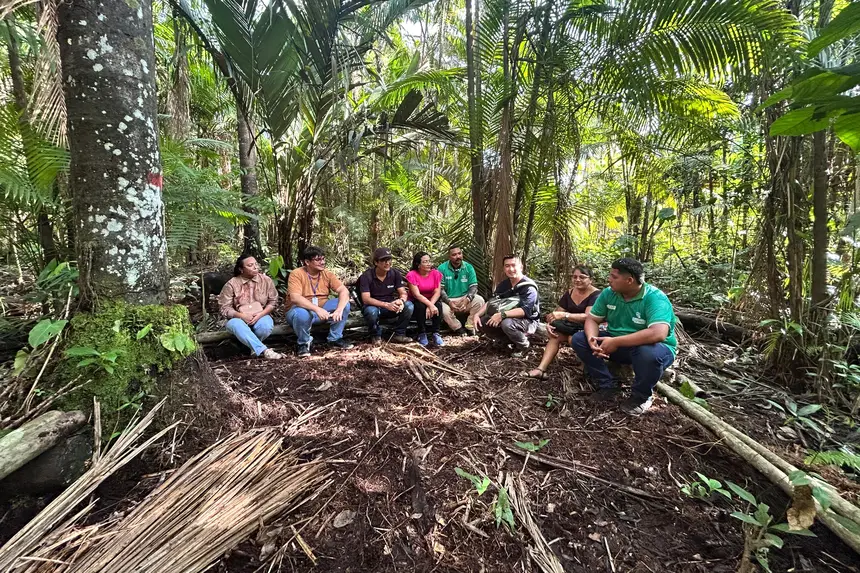
The technical visit in Marajó and subsequently to the headquarters of the Secretary of Agricultural Development and Fisheries (Sedap) was accompanied by the institution's technician, Victor Catuxo, who coordinates the Sustainable Territories Program (PTS) for the secretariat.
During the meeting, the IDB informed about the purpose of the resources that will be allocated to actions in two regions: in northeastern Pará, it will be the agroforestry system, and in Marajó, the açaí.
The secretary praised the initiative and said that the IDB proposed a partnership focused on sustainable actions in Pará. “We will be able to serve at least six municipalities with three technicians that they will provide, all qualified; we will serve family farmers and replace anthropized areas with productive forest that meets a global desire, which is to sequester carbon and fix people to the land,” detailed the secretary.

Mapping - The IDB delegation included the presence of agricultural project specialist Hernando Hintze and consultant Fernando Souza. “The objective was to map the demands of local extractivists, aiming to structure public policies that strengthen the sustainable management of açaí,” explained technician Victor Catuxo.
The agendas included, as detailed, meetings with cooperatives, producers, and public managers in the municipalities of Breves and Melgaço. In Melgaço, the team was received by Mayor José Viegas, as well as representatives from the municipal agriculture secretariats. Visits were also made to cultivation areas to identify challenges and opportunities in production.
The mission served as a preliminary diagnosis to align IDB actions with the needs of extractivists, ensuring that resources are directed to boost the local economy with a focus on sustainability, as explained by the Sedap server.
"From this pilot project, we will start working directly linked to low carbon policies and necessarily linked to our state management group of ABC (Low Carbon Agriculture of the State)," elaborated Catuxo.



